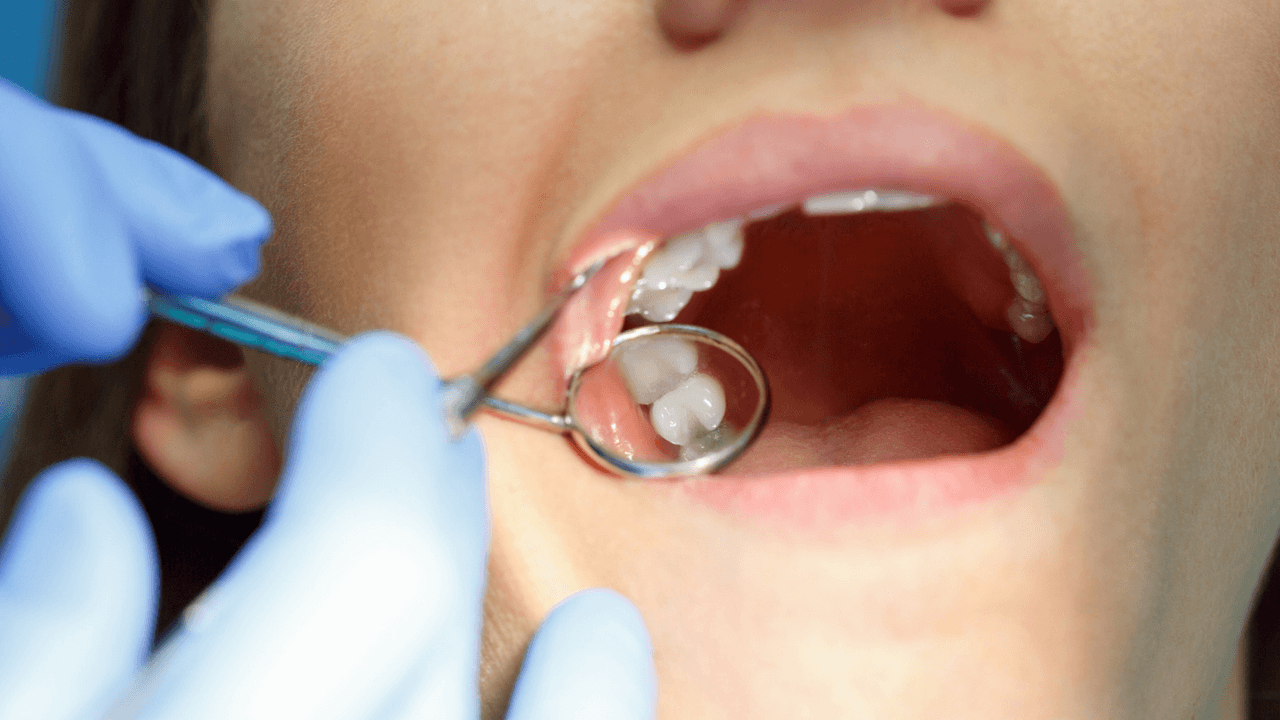Preventing cavities is one of the best ways to maintain strong, healthy teeth, and dental sealants are an effective tool for achieving this. While regular brushing and flossing are essential, some people are more prone to cavities than others due to the natural grooves in their teeth, dietary habits, or oral hygiene challenges. But who exactly should consider getting dental sealants? In this blog, we’ll explore the ideal candidates for sealants and how they can help protect teeth from decay.
What Are Dental Sealants?
Dental sealants are thin, protective coatings applied to the chewing surfaces of molars and premolars. These back teeth have deep grooves where food and bacteria can accumulate, making them more vulnerable to cavities. Sealants act as a barrier, preventing plaque and acids from causing decay. The application process is quick, painless, and can significantly reduce the risk of cavities, especially in children and teens.
Who Should Get Dental Sealants?
Children and Teenagers
Children and teenagers are the most common candidates for dental sealants. Since their permanent molars emerge around ages 6 and 12, dentists often recommend applying sealants early to protect these teeth from decay. Young children may not always have the best brushing techniques, making sealants a valuable preventive measure.
Sealants can last for several years, providing long-term protection during the cavity-prone years of childhood and adolescence. Even teenagers with no history of cavities can benefit from sealants to ensure their teeth remain healthy as they grow.
Adults with Deep Grooves in Their Teeth
While dental sealants are typically associated with children, adults with deep pits and fissures in their molars can also benefit. Some people naturally have teeth with deeper grooves, making them more susceptible to trapped food particles and bacteria. If an adult has never had a filling or cavity in these teeth, sealants can provide an extra layer of protection.
Individuals Prone to Cavities
Certain people are more susceptible to tooth decay due to factors such as:
- A history of frequent cavities.
- A diet high in sugary foods and acidic beverages.
- Poor oral hygiene habits or difficulty cleaning back teeth properly.
For these individuals, dental sealants offer an added level of defence against cavities, reducing the need for future fillings or dental work.
People with Certain Medical Conditions
Some health conditions and treatments can increase the risk of cavities, making sealants a useful preventive measure. These include:
- Dry mouth (xerostomia): Reduced saliva flow increases the risk of decay.
- Orthodontic treatment: Braces make it harder to clean molars properly.
- Disabilities or dexterity issues: Conditions that make daily brushing and flossing challenging.
For those who struggle with oral hygiene due to medical reasons, sealants can help protect teeth from decay in hard-to-reach areas.
Who Might Not Need Sealants?
While sealants are beneficial for many, they may not be necessary for everyone. Some cases where sealants might not be needed include:
- Teeth with existing fillings or cavities: If a tooth already has decay, sealants won’t be effective.
- Smooth or naturally cavity-resistant teeth: Some people have shallow grooves that don’t trap food easily.
- Those with excellent oral hygiene and low cavity risk: If someone maintains a near-perfect brushing and flossing routine, sealants may not be essential.
How to Get Dental Sealants?
If you or your child could benefit from dental sealants, the process is simple. A dentist will clean and dry the teeth, apply a special adhesive, and then coat the tooth with the sealant material. A curing light is used to harden the sealant, creating a strong protective layer.
Many dental clinics offer this service, and it’s often covered by dental insurance for children. To learn more about dental sealants and whether they’re right for you, consult a trusted dental professional.
Final Thoughts: Are Sealants Right for You?
Dental sealants are a simple yet highly effective way to prevent cavities, particularly for children, teenagers, and individuals with a higher risk of tooth decay. They provide long-term protection and can save money on future dental treatments. If you think you or your child might benefit from sealants, consider discussing the option with your dentist to ensure your teeth stay strong and healthy for years to come.



